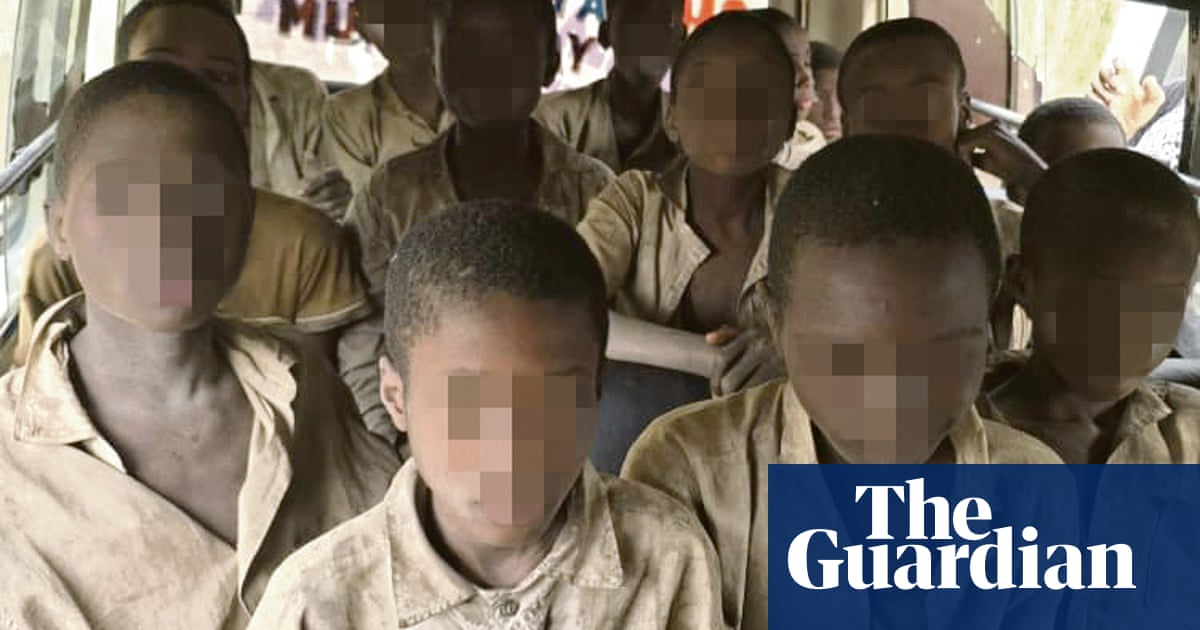
The military of Nigeria has successfully liberated students and staff who were taken by armed assailants from a school in the northern region earlier this month. This development occurred just before the deadline for a demanded payment.
It was reported by school officials and residents that 287 students were abducted on March 7th in Kuriga, a town located in Kaduna, a state in the northwest. According to a spokesperson from the military, 137 hostages (76 females and 61 males) were successfully rescued in the early morning of Sunday in the neighboring state of Zamfara.
Maj Gen Edward Buba stated that on March 24, 2024, the military successfully rescued the hostages in a joint effort with local authorities and government agencies nationwide.
A source from the security team stated that the students were released in a forest and are currently being transported to the capital of Kaduna for medical examinations, after which they will be reunited with their families.
Uba Sani, the governor of Kaduna, originally stated that over 200 individuals were kidnapped. Due to conflicting reports, it is uncertain if any hostages are still in the possession of the kidnappers. According to elders in Kuriga, Sani informed them that all hostages had been released.
Jibrin Aminu, a representative of the Kuriga parents, stated that he will provide more precise figures on Monday, after families have had the opportunity to account for their abducted children.
The rescue occurred just days prior to the deadline for the payment of a 1 billion naira (£548,000) ransom for their freedom.
Ten years ago, the extremist organization Boko Haram initiated the kidnapping of students in Nigerian schools, starting with the abduction of 276 girls from a school in Chibok, located in the north-eastern region of Borno State. Despite efforts, a number of the girls still remain in captivity.
Ever since, criminal groups without a specific ideology have started utilizing this strategy. Kidnappings orchestrated by these groups in exchange for ransoms have become frequent, particularly in northern Nigeria. As a result, families and communities have been forced to sell their land, livestock, and crops to secure the freedom of their family members.
Source: theguardian.com

















